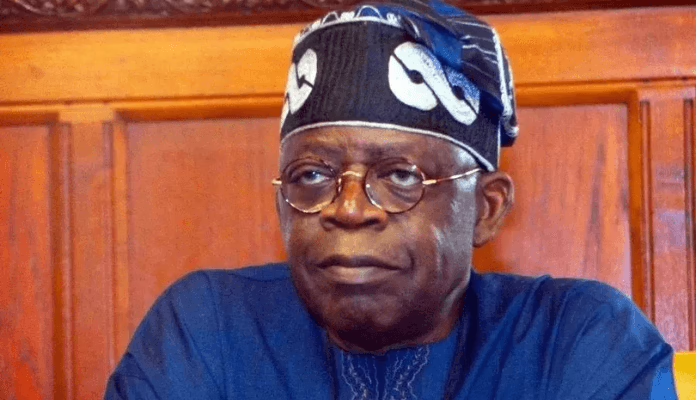Inside the Capture of Two Infamous Terrorist Commanders in Nigeria
In a significant breakthrough for Nigeria’s security forces, two high-profile terrorist figures-Mahmud Usman, alias Abu Bara’a, and Mahmud al-Nigeri, widely known as Mallam Mamuda-were apprehended following an extensive intelligence-led campaign spanning from May to July. This operation, confirmed by National Security Adviser Nuhu Ribadu, marks a pivotal moment in the ongoing fight against insurgency in the region.
Strategic Intelligence and Coordinated Efforts
The arrests were the culmination of months of meticulous intelligence gathering and inter-agency collaboration. Nigerian security agencies leveraged advanced surveillance techniques and human intelligence networks to track the movements and communications of these militants. This methodical approach underscores the evolving capabilities of Nigeria’s counterterrorism units in dismantling extremist networks.
Profiles of the Captured Terrorist Leaders
Mahmud Usman, known in militant circles as Abu Bara’a, has been linked to numerous attacks targeting civilian and military installations. His counterpart, Mahmud al-Nigeri or Mallam Mamuda, is reputed for orchestrating complex operations that have destabilized several communities. Both individuals were key operatives within Ansaru, a faction notorious for its brutal tactics and regional influence.
Implications for Regional Security
The successful detention of these figures is expected to disrupt Ansaru’s operational capabilities significantly. Analysts suggest that removing such leadership creates a vacuum that can weaken insurgent coordination and morale. This development aligns with recent trends showing a decline in terrorist activities in parts of Northern Nigeria, where security forces have intensified their counterinsurgency campaigns.
Looking Ahead: Sustaining Momentum Against Terrorism
While this achievement is commendable, experts caution that the fight against terrorism requires sustained vigilance and adaptive strategies. The Nigerian government continues to invest in intelligence infrastructure and community engagement programs to prevent the resurgence of extremist groups. Recent statistics from the Nigerian Security Tracker indicate a 15% reduction in terrorist incidents in the first quarter of 2025 compared to the previous year, highlighting progress yet emphasizing the need for ongoing efforts.
By dismantling the leadership of groups like Ansaru, Nigeria sends a strong message about its commitment to restoring peace and security. The collaboration between intelligence agencies and military units serves as a model for future operations aimed at safeguarding the nation’s stability.


















0 Comments